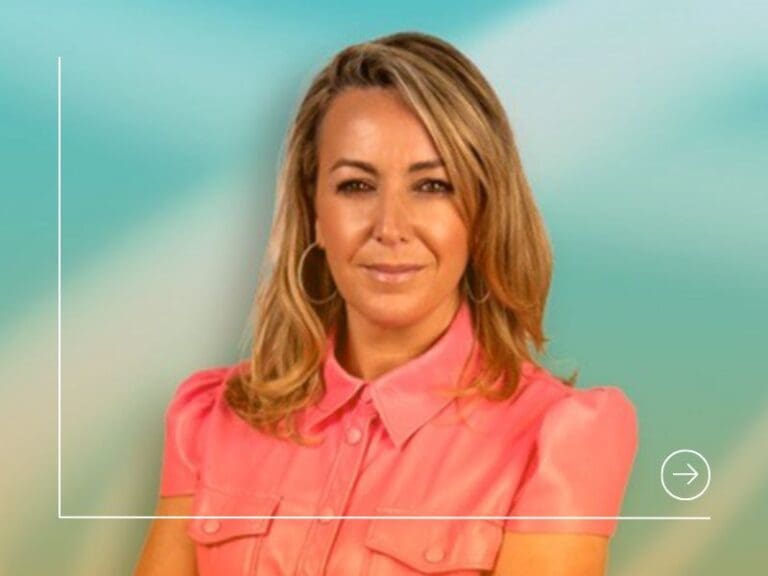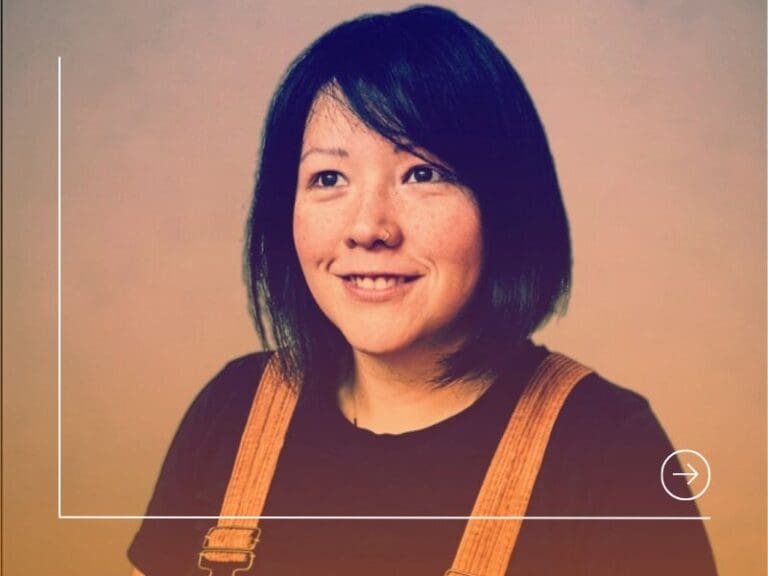About: My career has been primarily in Unix software development for 30+ years but changed over to technical project management and then Head of Support approx. six years ago.
HOW DID YOU LAND YOUR CURRENT ROLE? WAS IT PLANNED?
I worked with the founders of Ripjar in a previous development role and was asked to join the team as a Technical Project Manager.
WHAT DOES AN AVERAGE WORKDAY LOOK LIKE FOR YOU?
My day-to-day tactical tasks involve managing many streams of work, as well as handling escalations. Strategically, I try to plan to improve the way we work, to prepare for growth in products, and to scale the company.
WHAT ARE YOU MOST PROUD OF IN YOUR CAREER, SO FAR?
The development experience I have provides a great foundation for me to understand the challenges that my staff and our customers face when learning and using our product. This allows me to support the team, the product, and the customers effectively. It’s a rewarding job.I have worked with 3 start-ups, and all three were highlights in my career. I prefer the faster pace, the team camaraderie, and the knowledge gained in this type of work environment.
ARE THERE ANY SPECIFIC SKILLS OR TRAITS THAT YOU NOTICE COMPANIES LOOK FOR WHEN YOU’RE SEARCHING FOR ROLES IN YOUR FIELD?
Someone in a role like mine needs to have the technical background to understand the challenges we face on a day-to-day basis, and also needs to be able to quickly switch between many issues and handle pressure from many customers or timescales. No two days are alike, and I like that.
WHAT MAKES A ROLE IN SUPPORT GREAT FOR SOMEONE WHO DOESN’T HAVE PURE CODING SKILLS?
You can still excel in Support if you are not a developer. The knowledge needed is more around the technology used, how it all works together, and why we use it. Understanding how to solve problems (puzzle solving) and working logically through a process is most important. Being able to explain technical concepts well enough to a non-technical audience (e.g., business customers) is essential. Also important is being calm under pressure and enjoying the satisfaction of solving customer issues.
WHAT ADVICE WOULD YOU GIVE OTHER WOMEN WANTING TO REACH THEIR CAREER GOALS IN TECHNOLOGY?
Be flexible and open to options. Sometimes the greatest opportunities are in places you would not expect them to be.
If you don’t reach your goals one way, there are always other ways to go. Never give up.
Remember, a mistake is not something to be afraid of. People who don’t put themselves out there and try something will never make mistakes. They will also never succeed.
Think outside the box. The best training is by doing, not by reading, watching a video, or taking a course. There is nothing to replace what you learn with your experiences.
LEARN MORE ABOUT WORKING AT RIPJAR








